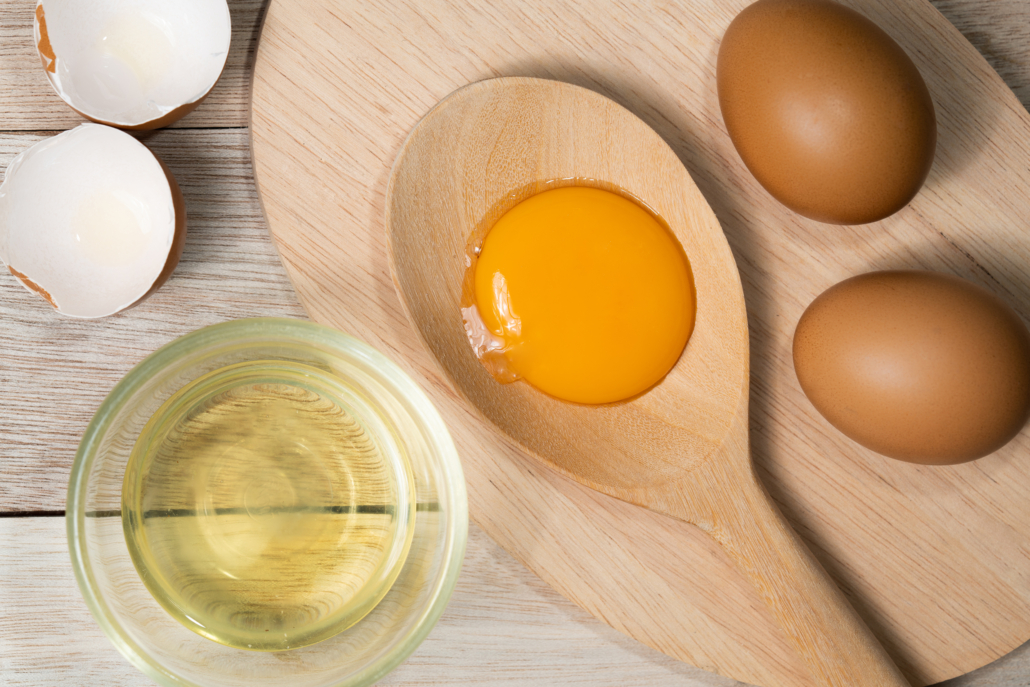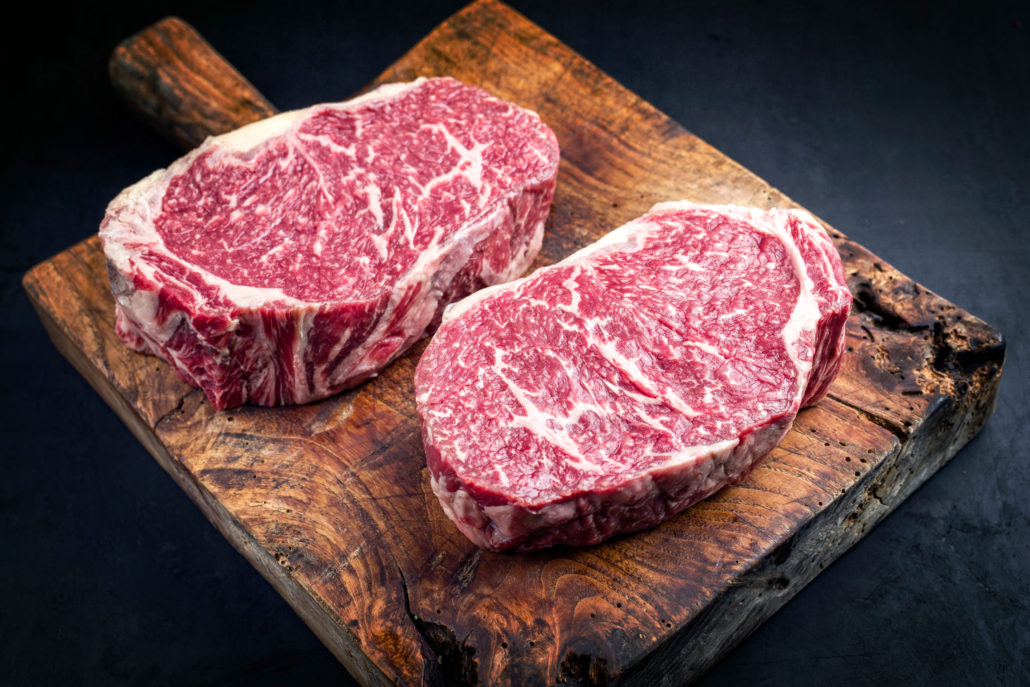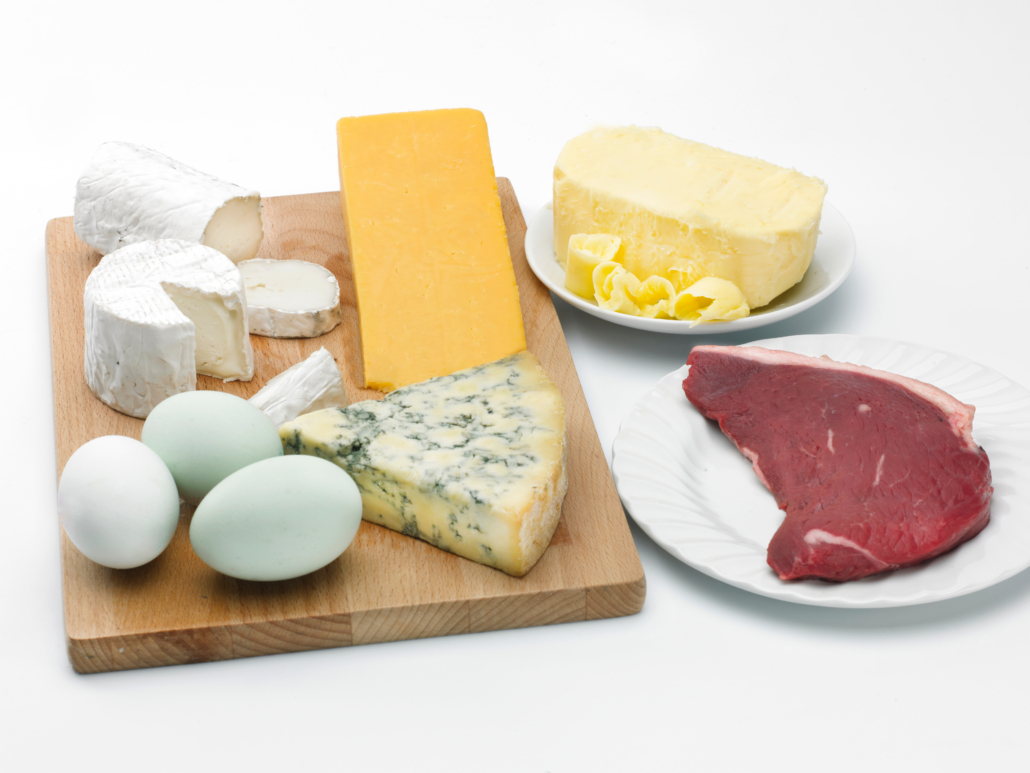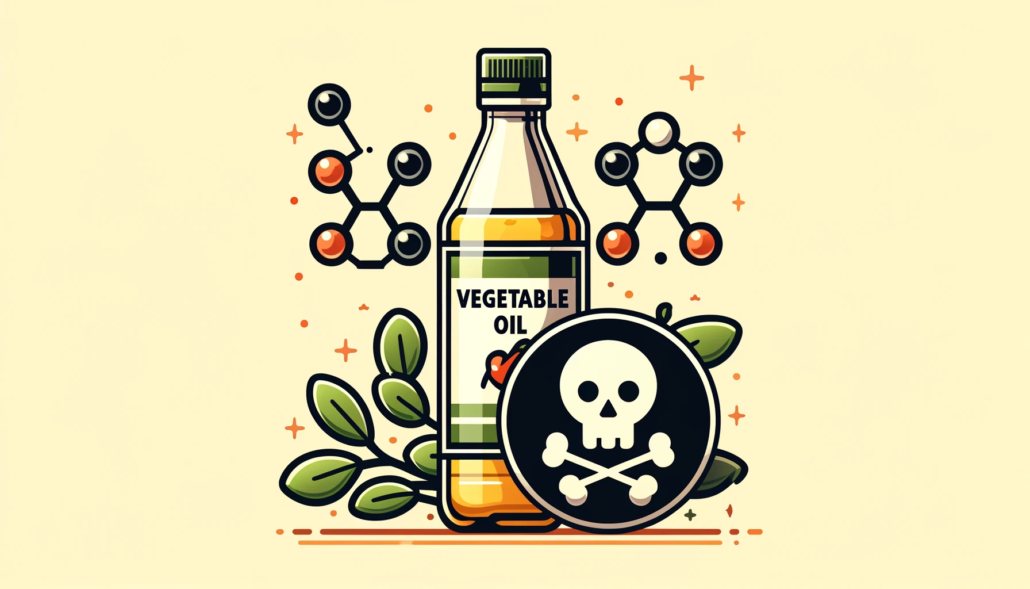We include products in articles we think are useful for our readers. If you buy products or services through links on our website, we may earn a small commission.
Carnivore Diet Potassium: Risks, Benefits, and Foods
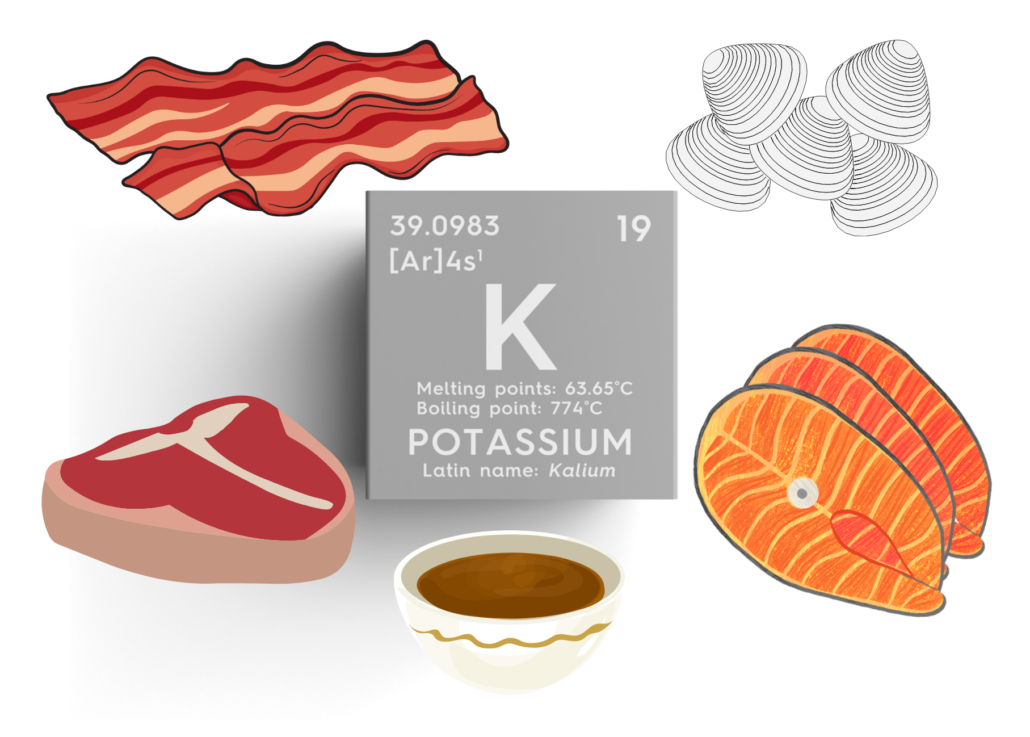
Potassium is an essential electrolyte that is found in higher in plant foods than in animal products. This makes it an area of concern for people on an all-meat carnivore diet. But is this concern warranted?
The truth is, animal products contain plenty of potassium. So for most people, getting enough potassium on a carnivore diet is not a challenge.
In this article, we’ll explore what potassium is, why it’s important, and list the top 10 carnivore diet potassium-rich foods.
Table of Contents
What is Potassium?
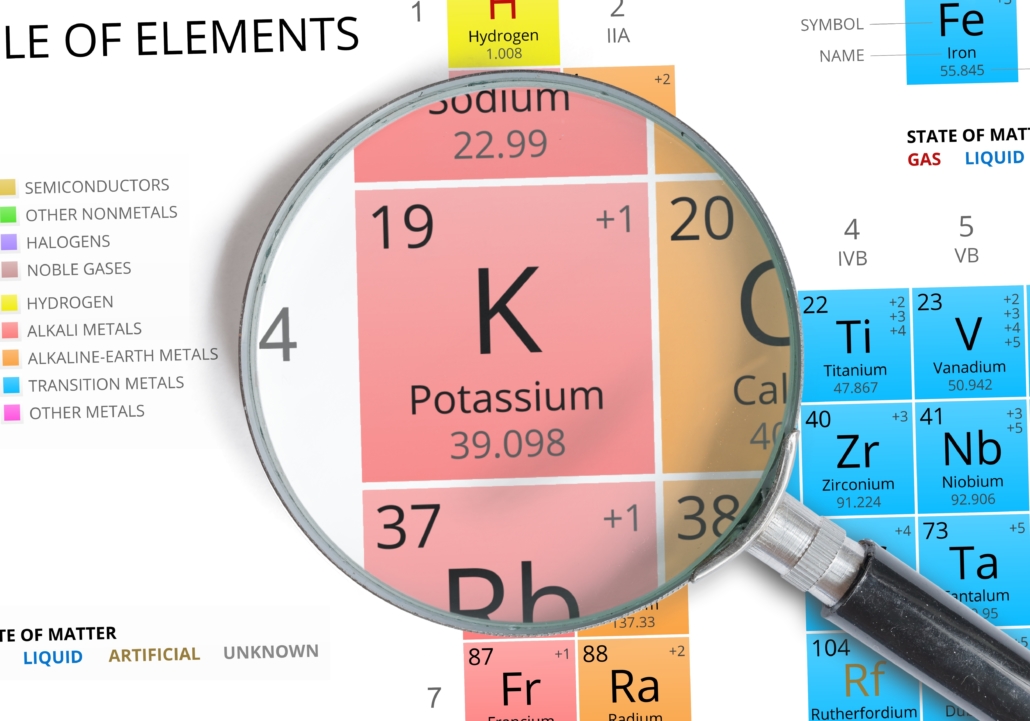
Potassium is a mineral found in various foods, and it acts as an essential electrolyte in your body.
Essential means that your body does not make it on its own, so you have to get it from the food you eat.
Potassium is called an electrolyte because it has a small electrical charge that activates various cell and nerve functions. For this reason, it plays an essential role in every tissue in your body.3
And because potassium is found in body tissue or all animals, it is present in meat, especially muscle meat.
Roles of Potassium in the Body
Potassium’s main role is to maintain normal levels of fluid inside our cells.
It works in concord with sodium, which maintains normal fluid levels inside of cells. This is partly why it’s so important to consume enough salt on a carnivore diet. An imbalance in one electrolyte can cause the body to compensate leading to imbalances in other electrolytes that work together.
Additionally, potassium plays key roles in various other bodily functions including:
- muscle contractions
- nerve impulses
- Digestion
- Blood pressure
- heart rhythm
- pH balance
Recommended Potassium Intake
Citing a lack of conclusive evidence, the U.S. Dietary Reference has not issued an upper or lower limit on potassium intake.
However, the National Academy of Medicine does offer guidelines for what they call “Adequate Intake” (AI).
- Women 14-18 years of age: 2,300 mg daily
- Women 19+: 2,600 mg.
- Pregnant and lactating women: 2,500-2,900
- Men 14-18 years of age: 3,000 mg
- Men 19+: 3,400 mg
Signs of Carnivore Diet Potassium Deficiency
Potassium levels can fluctuate based on activity. This is because when you exercise, potassium is excreted through your sweat.
Temporary periods of low potassium are harmless and usually don’t have any symptoms. And they can be easily remedied by eating potassium-rich foods or consuming electrolyte supplements.
Long-term potassium deficiency, known as hypokalemia, can lead to serious and even life-threatening symptoms.
Symptoms include
- extreme fatigue
- muscle spasms
- Physical weakness
- cramping
- irregular heartbeat
- Constipation
- Nausea
- Vomiting
Hyolkalemia is diagnosed by your doctor through a blood test.
Potassium Needs on the Carnivore Diet
The carnivore diet is, by default, a low-carb diet.
Low-carb diets reduce insulin. And lower insulin causes the body to excrete more sodium–especially in the early stages of adapting from a standard American high-carb diet.
The change in sodium disrupts levels of potassium. These changes to electrolyte balance are partly responsible for some of the carnivore diet side effects that people report when first starting out.
Getting enough potassium and sodium on carnivore is the key to avoiding these symptoms and maintaining physical performance.5
And it’s not as daunting as you might think.
Example 1-Day Eating Plan
For example, here’s an easy 1-day eating plan that puts you at 102% of your carnivore diet potassium without resorting to seafood:
- 1lb ribeye steak (24%)
- 6 oz bacon (33%)
- 1 mug carnivore bone broth (20%)
- 6 oz ground beef (25%)
Carnivore Diet Foods High in Potassium
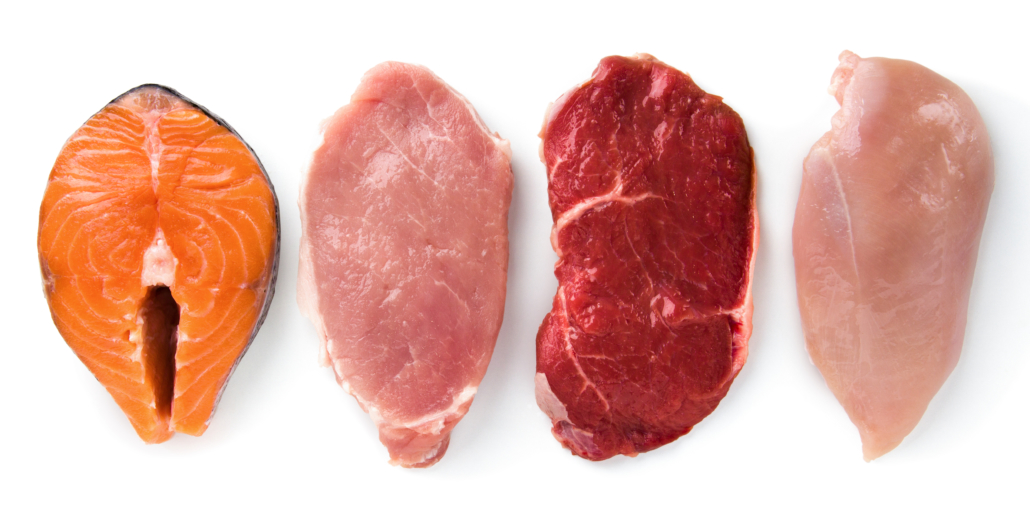
These carnivore diet foods will keep your potassium levels optimal while providing various other essential macro and micronutrients.
Since a carnivore diet is all-meat, we’re looking at the amounts of potassium per fairly large 8oz. serving. Keep in mind that consuming over a pound of carnivore staples like ground beef, ribs, and ribeye steak in one sitting is common.
1 Salt Cod
8 oz provides 3353mg, 111% daily intake.
The piscatory equivalent of salt-cured ham, salted cod is loaded with over 100% of your daily intake of potassium, 384% of your vitamin B12, and 485% of selenium, along with high doses of minerals and vitamins.
As with other high-potassium carnivore diet foods, salt cod is lean. Make sure to load it up with butter to boost your carnivore macros.
2 Ground Chicken
8 oz provides 1557 mg, 53% daily intake.
In addition to over half your RDV of potassium, ground chicken also provides 83% of niacin (vitamin B3). This essential vitamin helps keep your nervous system, digestive system, and skin healthy.
3 Wild-Caught Salmon
8 oz provides 1444 mg, 48% daily intake.
Wild salmon is a great source of anti-inflammatory omega-3 fats, B vitamins, including over 300% of B12 and lots of selenium.
4 Clams
8 oz provides 1444 mg, 48% daily intake.
Clams are among the most mineral-rich foods on earth. In addition to nearly half your potassium needs, clams provide a whopping 1800% of your B12.
And if you’re looking for a robust source of vitamin C on the carnivore diet, just one 8 oz of clams provides 49% of your RDV. It’s worth noting that contrary to popular belief, fresh red meat provides plenty of vitamin C.
5 Bacon
8 oz provides 1359 mg, 45% daily intake.
Bacon, and its fresher cousin, pork belly, provide nearly half your potassium, in addition to loads of healthy fats and 50% your RDV of the immune-boosting mineral, zinc.
6 Atlantic Halibut
8 oz provides 1324 mg, 44% of daily intake.
Like the other fish on this list, halibut provides a robust amount of high-quality protein along with B vitamins and selenium. But it’s lean, and carnivore is a high-fat, low-carb way of eating. So dress it up with plenty of butter.
7 Pork Loin
8 oz provides 1304 mg, 43% daily intake.
Pork loin is delicious when drenched in salty butter or lard. Otherwise, it’s a bit too lean to be a carnivore mainstay on its own.
Like other pork products, pork loin provides an array of B vitamins, including 120% of thiamin (B1). This nutrient is essential for helping our body generate energy from the nutrients we consume.4
8 Ground Beef
8 oz provides 996 mg, 33% of daily intake.
Ground beef is often overlooked. But when you ditch the bun, a beef burger is a great carnivore diet budget staple. And it makes a fantastic vehicle for creamy carnivore diet cheeses, especially blue cheese that contains age-defying compounds.
Like other red meats, ground beef is remarkably nutrient-dense, providing high quantities of zinc, selenium, and B vitamins.
9 Beef Ribs
8 oz provides 941 mg, 31% daily intake.
Beef ribs are another great ruminant source of potassium. On a carnivore diet, ruminant animals provide the foundation of the food pyramid thanks to their healthy fat content, complete proteins, and an array of nutrients, including nearly every B vitamin, zinc, and selenium.
10 Carnivore Diet Bone Broth
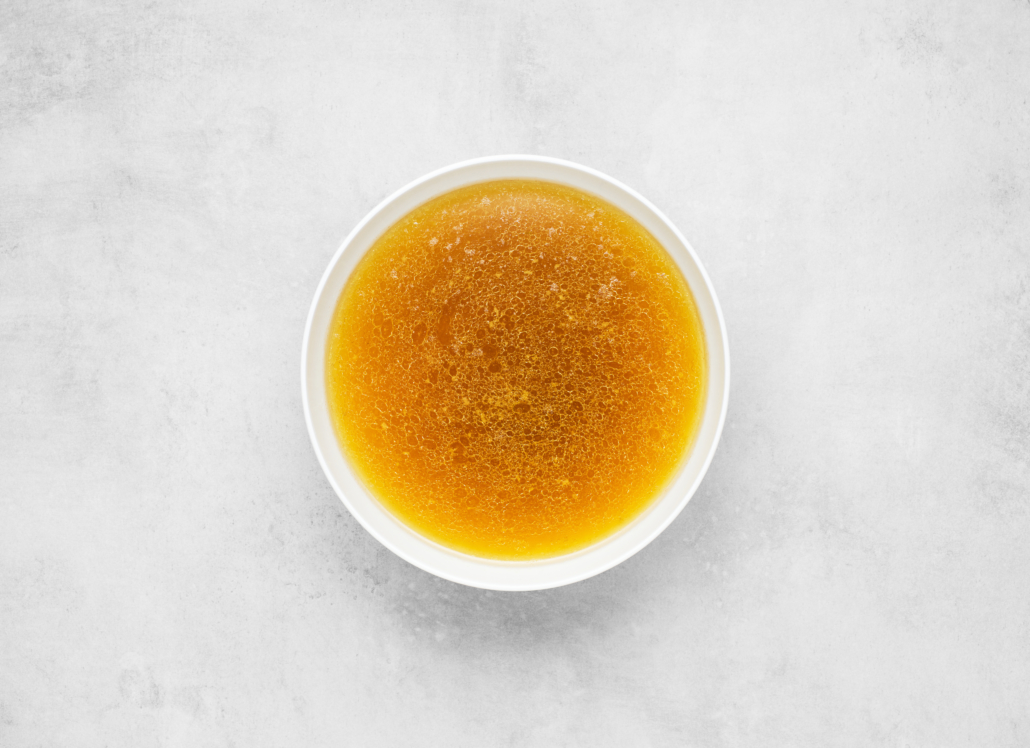
1 mug (375ml) provides 600 mg, 20% daily intake.
Carnivore diet bone broth, made from simmering the bones and cartilage of beef, bison, chicken, or fish, is a great source of potassium.
In addition to potassium, it also contains important trace minerals like chloride and beneficial amino acids, including glycine and proline, that improve sleep and support immune function.
Bonus: Ribeye Steak
8oz. provides 420 mg, 14% daily intake.
Though ribeye steak isn’t the top source of carnivore diet potassium, it deserves a place in any list of top carnivore diet foods. In addition to 14% of your potassium intake, a ½ lb ribeye provides over 100% of B3, B6, B12, 70% of vitamin D, 111% of zinc, and 131% of selenium.
Ribeye is also a fantastic source of anti-inflammatory monounsaturated fatty acids.
Considering that many carnivore dieters consume at least a pound of ribeye per day, getting 28% of your potassium from a single type of food is still significant. Add in a couple of mugs of bone broth and some bacon, and you’re potassium replete.
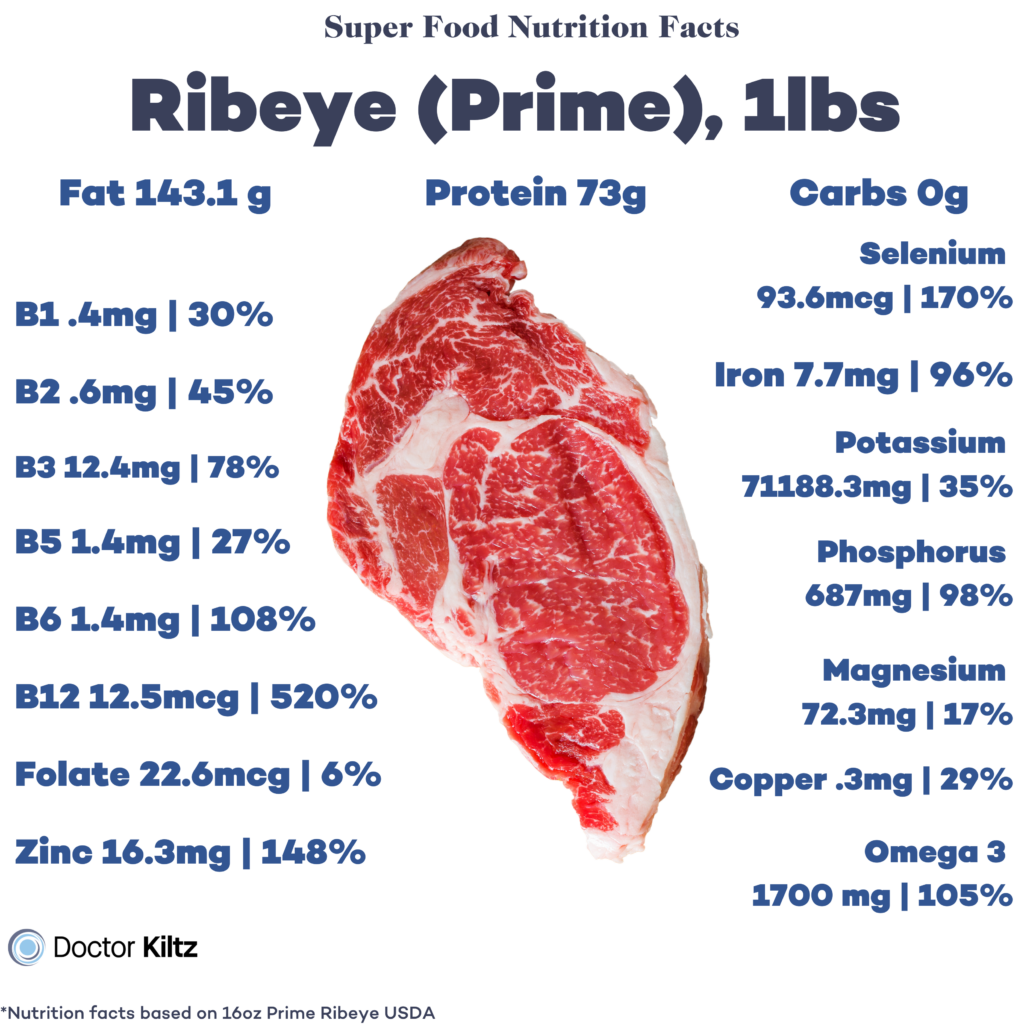
Carnivore Diet Potassium: The Takeaway
Getting adequate potassium on a carnivore diet can sound daunting when considering that many plant foods are high in potassium, while animal products are relatively lower.
However, if you look at how much potassium is in easily accessible and budget-friendly carnivore foods like bacon and ground beef, let alone specialties like salt cod and clams, you see that it’s no stretch to get all the potassium you need.












